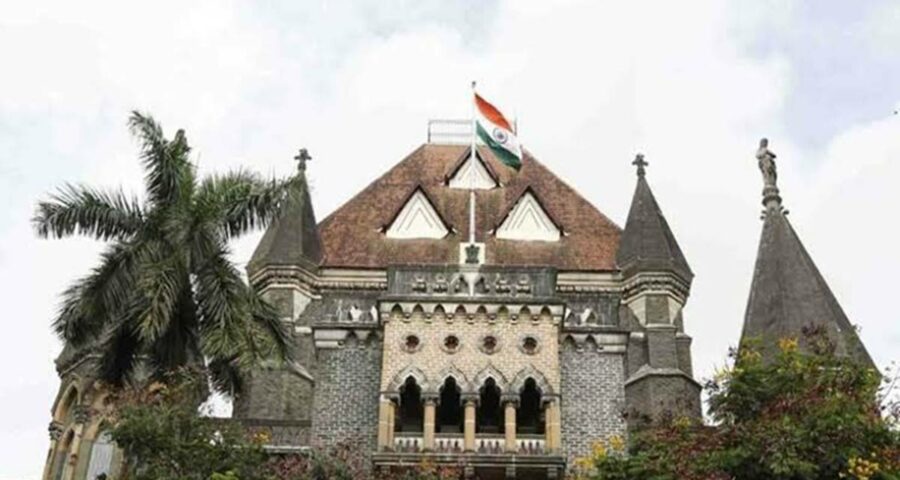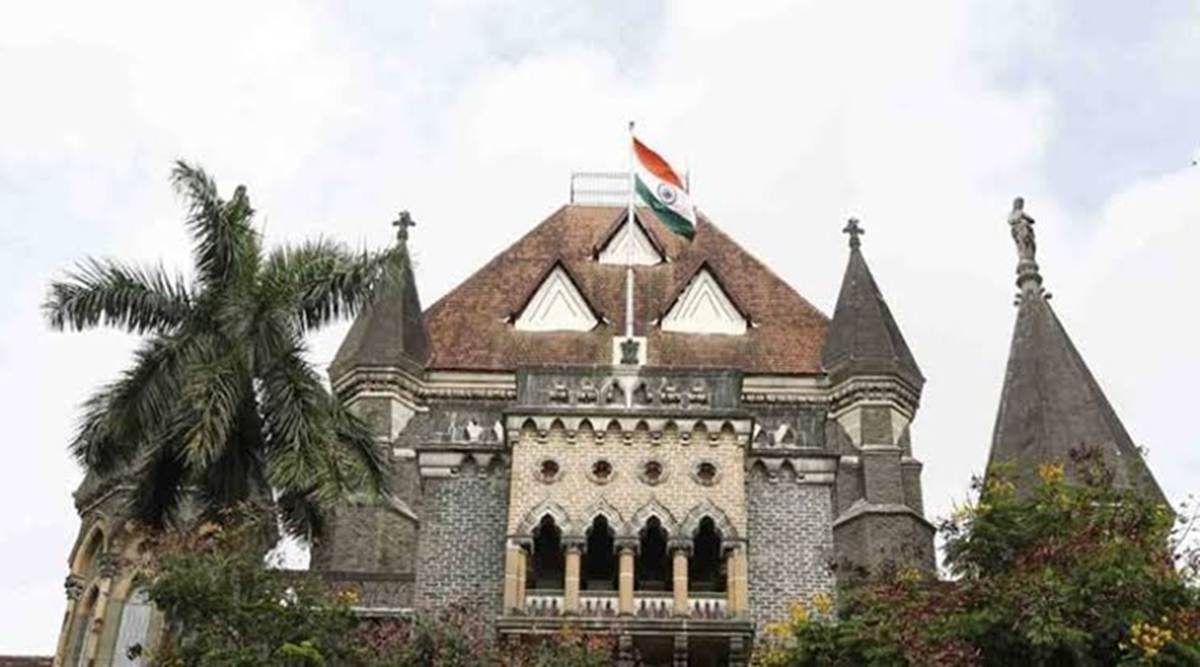Govind Kumbhar, the railway staffer, died-in-harness on May 20, 1991, after serving the Railways for five years. His daughter was 11-month old when he died.
THE BOMBAY High Court recently rejected an appeal of a woman, who challenged an order of the Central Administrative Tribunal (CAT) that denied her plea for compassionate appointment of her 27-year-old daughter in place of her husband, a railway employee, who died on-duty in 1991.
The HC held that it would be a “mockery” of the scheme as it is granted in exceptional cases to ensure that families of the deceased government employees do not face poverty, and in the present case, the petitioner woman and her daughter survived for nearly 26 years without either of them getting job on compassionate basis.
A division bench of Chief Justice Dipankar Datta and Justice Girish S Kulkarni passed an order on appeal by one Alka Govind Kumbhar and her daughter filed through advocate Jayendra Khairnar, against dismissal of her original plea by the CAT, Mumbai bench in August 2019, through which prayer for the daughter’s appointment on compassionate ground had been “spurned”.
Govind Kumbhar, the railway staffer, died-in-harness on May 20, 1991, after serving the Railways for five years. His daughter was 11-month old when he died. While no application for compassionate appointment was submitted by his wife immediately after Kumbhar’s death, it was only on February 15, 2017, that the second petitioner – the daughter – applied for compassionate appointment when she was 27.
Advocate T J Pandian, representing the Railways, opposed the appeal and sought its dismissal, stating that the Railways had closed the issue of compassionate appointment for late Govind Kumbhar in 1992 as his widow did not make any application despite the communication made to her by the Railways.
The bench noted, “Between May 20, 1991, and February 14, 2017, the petitioners never perceived that they would not survive unless on compassionate grounds an appointment was offered to any one of them. If at this distance of time the respondents are directed to consider the application for compassionate appointment, it would result in a mockery of the principle of protective discrimination… That is not the case here.”
The HC also held that no provision of any scheme or rule for compassionate appointment was brought to its notice to entitle the petitioners to lay a claim for such appointment nearly 26 years after the death of the “bread earner”. “The writ petition is devoid of merit and is dismissed.”
Source: Read Full Article


